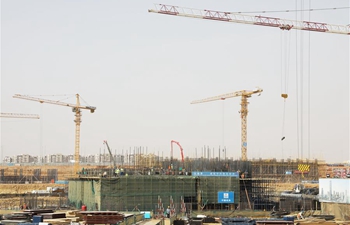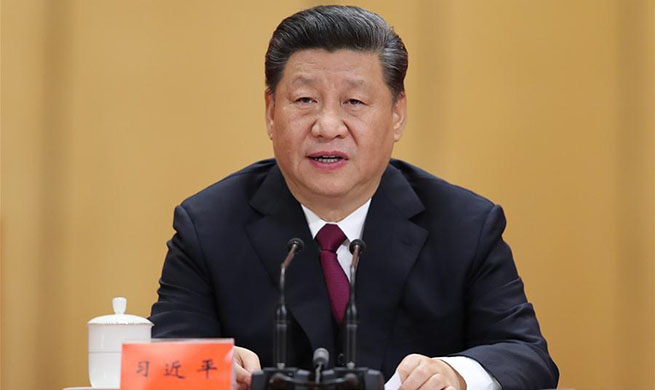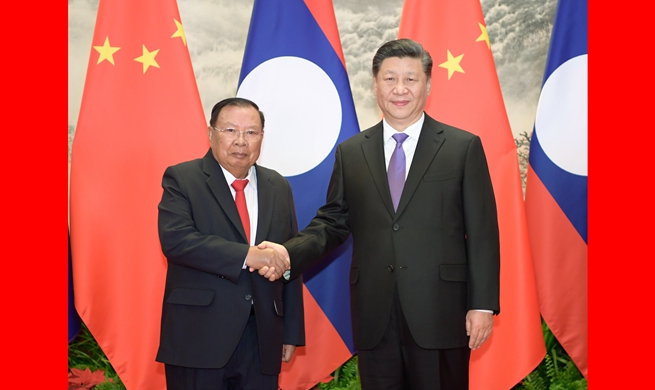NAIROBI, May 1 (Xinhua) -- Kenya has secured 25 billion shillings (about 250 million U.S. dollars) loan from the World Bank to enhance access to affordable housing financing for Kenyans.
The World Bank said on Wednesday the Kenya Affordable Housing Finance Project (KAHFP) will support the establishment and operationalization of the Kenya Mortgage Refinance Corporation, a largely private sector-owned and non-deposit taking financial institution under the supervision of the Central Bank of Kenya.
"Urban housing currently remains unaffordable for most Kenyans due to cost of financing, the short loan tenures and the high cost of properties," Felipe Jaramillo, World Bank Kenya country director said in a statement issued in Nairobi.
Jaramillo said the project will also assist the ministry of lands and physical planning to improve property registration and address structural constraints in the land management system in Kenya.
"We believe that Kenya's vibrant private sector offers an excellent opportunity to crowd in privately held skills and resources towards achieving the country's Big 4 affordable housing goals and in alignment with the World Bank Group's Maximizing Finance for Development agenda," he added.
The interest rate cap of 2016 coupled with an overall Non-Performing Loan (NPL) ratio of 12 percent led banks to tighten their credit standards and offer variable rate loans, locking out middle to low income would-be homeowners.
Kenyans largely access loans from Savings and Credit Cooperatives (SACCOs) that are estimated to provide almost 90 percent of Kenya's total housing finance.
While interest rates of the SACCOs remain low at 12 percent, they remain highly constrained by the short-term nature of their deposits liabilities and short loan tenures of not more than five years.
The support will target households that are classified by the government to fall within the mortgage gap and low-cost categories and represent 95 percent of the formally employed population.
KAHFP is expected to increase access to finance by tripling the proportion of urban households having access to a mortgage.













